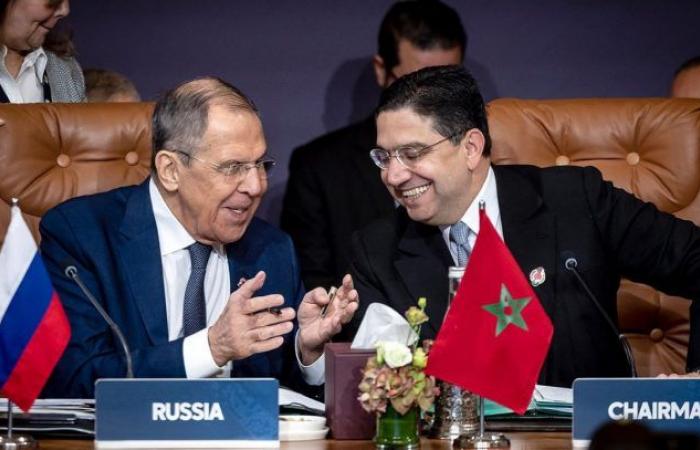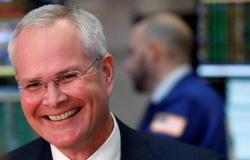According to a report from the Carnegie Endowment for Peace, Morocco is trying to maintain its security ties with the United States and Europe while deepening its economic ties with Russia.
The geopolitical context of the Middle East and the Maghreb is constantly evolving, bilateral relations between Morocco and Russia continue to strengthen, revealing a unique diplomatic dynamic in the Maghreb region. This economic rapprochement is paradoxically affirmed at a time when a more visible conflict is emerging between Russia and Algeria, exacerbated by geopolitical tensions in the north of Mali.
Morocco, although closely linked to the United States and Europe on the security level, has consolidated its economic exchanges with Russia. This strategy is clearly illustrated by a notable increase of 42% in trade between the two countries in 2021, specifies the report from the Carnegie Endowment for Peace. Moroccan dependence on Russian agricultural products, notably ammonia and fertilizers, reflects an interdependence in the Moroccan economy, employing almost 45% of its workforce and contributing 15%. to the Gross Domestic Product (GDP).
In addition to the agricultural sector, the areas of coal, oil, fishing and nuclear energy appear to be significant areas of cooperation, notes the report. This economic relationship is supported by Morocco’s desire to follow a policy of strategic neutrality vis-à-vis the Russian-Ukrainian conflict. Indeed, Rabat chose to abstain in a United Nations General Assembly vote condemning Russia’s aggression, illustrating a measured stance as global tensions escalate.
The Sahara issue remains at the heart of Moroccan concerns. Although Moscow has not expressed any clear position, Morocco hopes to benefit from a moderately neutral attitude from Russia. The Kremlin, through its diplomatic influence at the United Nations, could potentially moderate Algerian ardor on this issue.
In the same Maghreb space, Algeria and Russia clash on diplomatic grounds, mainly around the events occurring in northern Mali. This area neighboring Algeria is becoming the scene of tensions exacerbated by attacks carried out by elements close to separatist and Islamist groups.
Russia, in firm support of the Malian army, exercises significant military influence there thanks to the presence of security teams and private armies, which in particular enjoy the implicit support of Turkey.
This situation strains relations between Moscow and Algiers, while Russia is keen to strengthen its role within the United Nations Security Council in order to defend its strategic interests in North Africa and the Sahel.
Faced with escalating tensions, Ammar Benjameh, Algeria’s representative to the United Nations, strongly criticized the unsupervised involvement of private forces in the region, asserting that such a presence threatened regional stability and security. These statements demonstrate Algeria’s cautious approach, opposing any intervention that would harm its sovereignty and influence in the Sahel, where it strives to play a stabilizing role. Statement that Moscow which was not appreciated in Moscow.






